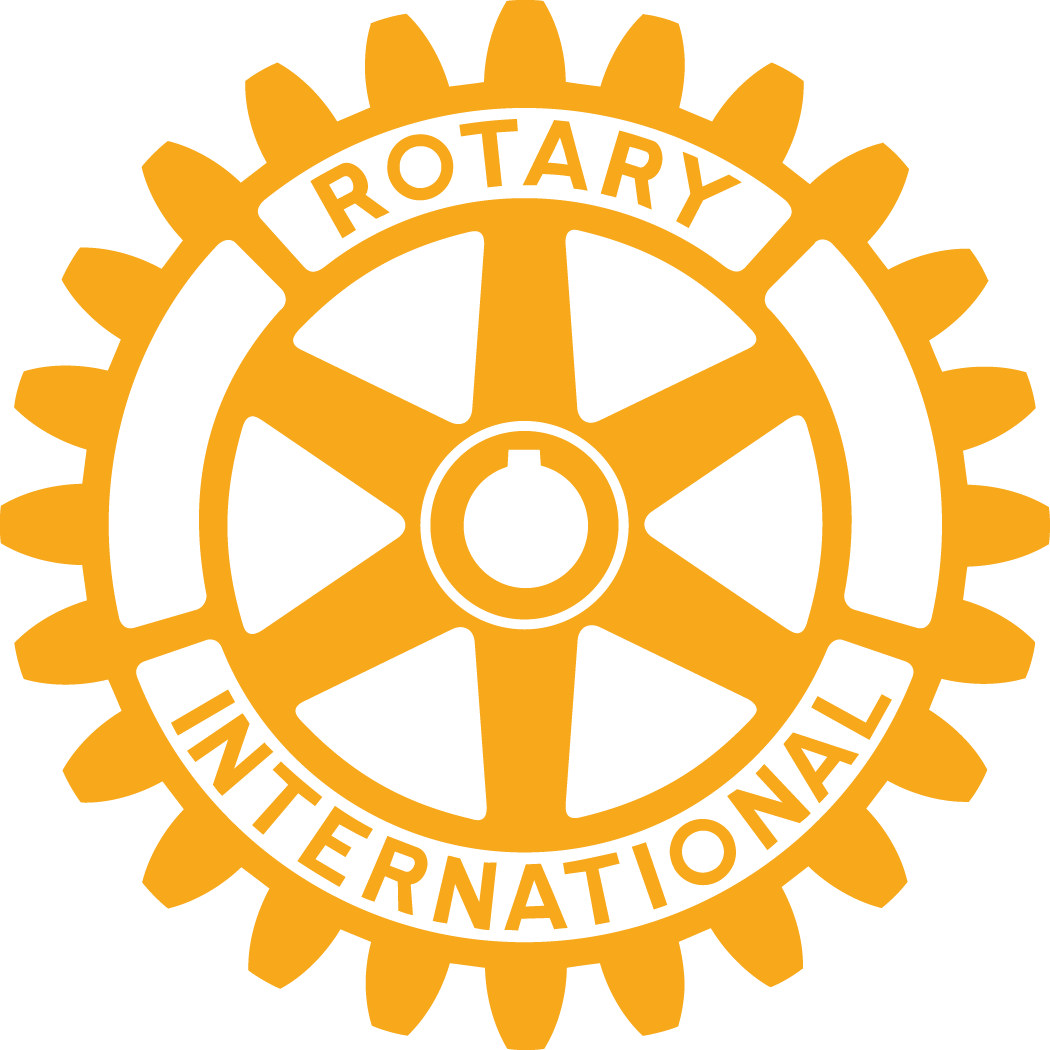This Weeks Meeting 04/03/2014
Today we had guests from Kiwanis, Lions Club, and Somerset
High School. Our Speaker was Manny Pacheco.
Our speaker was Manny Pacheco, a southern California radio
and TV personality for more than three decades. His
informative talk focused on the Golden Age of Hollywood and
explored the intersection of 20th and 21st century history
with the film capital of the world.
Pacheco has enjoyed a growing acclaim through his Forgotten
Hollywood Book Series, now included in the library collections
of the Hollywood Heritage Museum, Academy of Motion Picture
Arts and Sciences, American Film Institute, among others.
He has also spoken to 33 Rotary clubs.
"I will focus (this presentation) on the actors beneath the titles,"
he said, zeroing in on actors who didn't necessarily receive top
billing but were the workhorses of the movie-making industry.
His presentation described the relationship to American history
of actors Van Heflin, Peter Laurie, Sidney Greenberg, Lionel
Barrymore and Frank Morgan, with the production of films such
as the Wizard of Oz, Shane, Cry for Battle, Captain Courageous
and Shop Around the Corner. "You might know this last film
better by its remake, You've Got Mail," he said.
When Pacheco asked Rotarians if anyone knew who the highest
grossing actor was for the MGM studios, several members called
out old-time actor names. Close, but no cigar, It was Lassie, the dog.
Pacheco elaborated on the impact of Metro Goldwyn Mayer and Columbia
Picture studios on American culture starting in the 1930s to
contemporary times.
Historical events that were influenced or somehow linked to Hollywood
included the Manhattan Project in World War II, Lee Harvey Oswald and
the assassination of President Kennedy, and Super Storm Sandy that
devastated the East Coast a few years ago.
He concluded his luncheon speech with an obscure story linking President
Franklin D. Roosevelt with the well known actor of the 1930s and '40s,
Lionel Barrymore.
Because Barrymore insisted on working at the MGM studios after learning
that arthritis would soon confine him to a wheelchair, a letter from
Helen Keller to Eleanor Roosevelt alerting Mrs. Roosevelt to Barrymore's
condition prompted the President to go public with his own disability.
Soon, FDR championed The March of Dimes to raise funds in the fight
against polio, the disease that confined him to a wheelchair. This little-known
fact launched the decades-long lure of Hollywood star power with America's
political elite.
Pacheco concluded with this observation. "Now, Rotary International is
within five years of eradicating polio from the face of the planet.
I thought you folks in this audience might like to know where it all started."

